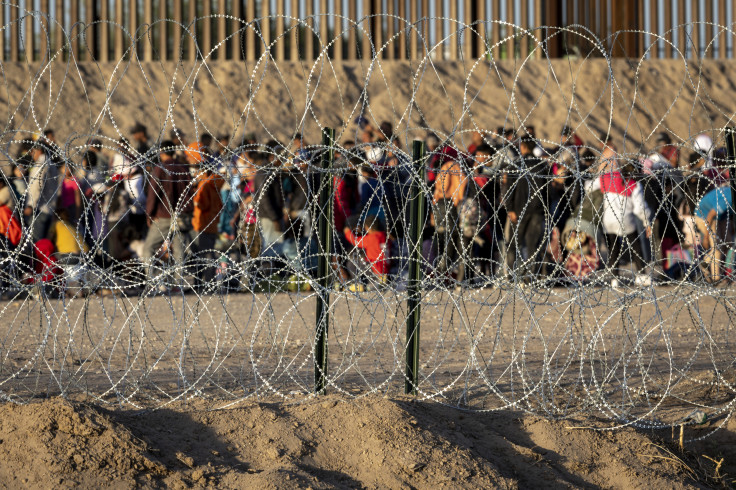
A new poll indicates a modest hardening of attitudes among Americans toward immigrants living in the U.S. without legal status, though broad opposition persists to harsh measures such as detention camps, suggesting potential challenges for President-elect Donald Trump's proposed mass deportation campaign.
The survey, conducted by Reuters/Ipsos in early December, found that 33% of Americans believe most or all immigrants in the country illegally should be allowed to stay, down from 39% in 2017, a year into Trump's first term. Meanwhile, 53% favor deporting most or all such immigrants, a slight increase from 51% in 2017.
However, only 30% of respondents agreed with the statement that "illegal immigrants should be arrested and put in detention camps while awaiting deportation hearings," while 53% disagreed and another 17% said they didn't know where they stood or declined to answer the question.
Support for allowing undocumented immigrants to stay has notably declined among certain demographic groups. Among Latinos, it fell to 47% from 54% in 2017, while among Black respondents, support dropped sharply to 36% from 58%. Among Republicans, it decreased to 9% from 18%, though it remained largely unchanged among Democrats at 61%.
"As with a host of other issues in American politics, the public may agree on a desired end goal but have sharp disagreement on the means of attaining them," said Flavio Hickel, Associate Professor of Political Science at Washington College, when reached for comments by The Latin Times. Hickel added:
"With respect to immigration, I think the most contentious policies would be those that fundamentally contradict the vision that most Americans have about this country. It is one thing increase security at the border, but quite another to separate families or construct detention camps. The former is considered a "normal" function of government while the latter would be construed as inhumane attacks on the "family" and a gross denial of rights"
Besides the human consequences of deportations, another element that could factor in the results has to do with the economic impact of mass deportations, as Natalia Polukhtin, immigration attorney at Global Practice, pointed out to The Latin Times:
"Building additional detention facilities, organizing 'deportation flights' and investing in monitoring system come at a significant cost, and that cost may affect the expenditures on education and healthcare. Those Americans who recognize the economic detriment of internal immigration enforcement, usually oppose the drastic measures proposed by the Trump administration"
The Reuters/Ipsos poll also revealed that immigration has grown as a national concern, with 27% of poll respondents naming it as the top priority for Trump's first 100 days in office, more than any other issue.
© 2025 Latin Times. All rights reserved. Do not reproduce without permission.




